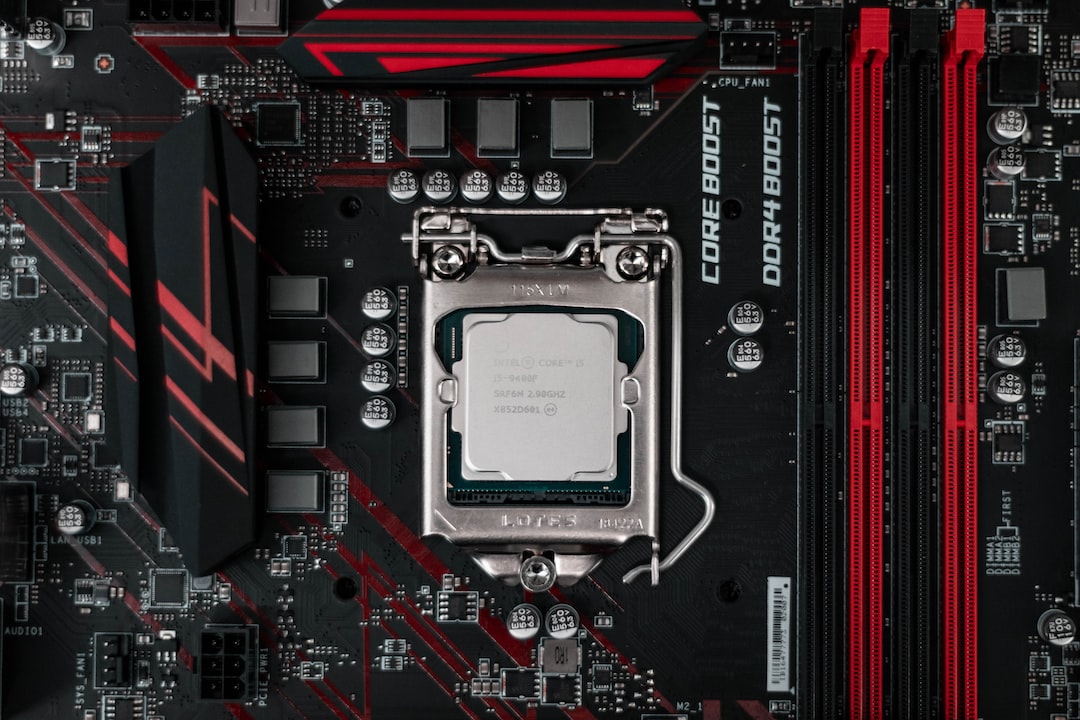Artificial intelligence (AI) has emerged as a transformative technology that has the potential to reshape our world in countless ways. From self-driving cars to virtual assistants like Siri and Alexa, AI has become increasingly integrated into our everyday lives. However, as AI becomes more advanced and prevalent, it is crucial to explore the ethical implications of this technology.
One of the primary ethical concerns surrounding AI is the issue of decision-making. As AI systems become more complex, they are often entrusted with making important decisions that can have significant consequences. For example, AI algorithms are being used in the criminal justice system to predict the likelihood of recidivism, which in turn impacts sentencing decisions. The potential for bias and discrimination in these algorithms is a pressing ethical concern. If AI systems are trained on data that reflects existing societal biases, they may perpetuate and amplify those biases, leading to unfair outcomes.
Another area of ethical concern is the impact of AI on employment. As AI technology continues to advance, there is a growing fear that it will eliminate jobs and lead to widespread unemployment. While automation has historically disrupted industries and transformed the workforce, the speed and scale at which AI can replace human labor is unprecedented. This raises questions about how society should navigate the transition and ensure that the benefits of AI are distributed fairly.
Privacy is another crucial ethical consideration when it comes to AI. AI systems often rely on vast amounts of personal data to function effectively. Algorithms need to process personal information in order to provide personalized recommendations or make accurate predictions. However, the collection and use of personal data raises concerns about consent, data security, and the potential for abuse. Striking a balance between the utility of AI and the privacy of individuals is vital to ensure ethical AI practices.
Another ethical challenge lies in the transparency and accountability of AI systems. As AI becomes more complex, it can become difficult for humans to understand how decisions are being made. This lack of transparency can have profound ethical implications, particularly in high-stakes areas like healthcare or autonomous vehicles. Without understanding how AI is arriving at certain decisions, it becomes challenging to ensure accountability and challenge potential biases or errors.
Addressing these ethical concerns requires collaborative efforts from various stakeholders, including policymakers, scientists, and industry leaders. The development and deployment of AI should be guided by principles that prioritize fairness, transparency, and accountability. Greater diversity and inclusion in the development of AI systems can help mitigate biases, and mechanisms for ongoing monitoring and evaluation can ensure that AI remains ethical as it evolves.
Ultimately, exploring the ethics of AI is vital for society to harness the potential benefits of this technology while mitigating its risks. As AI continues to reshape our world, it is crucial to ensure that it is developed, deployed, and regulated in a manner that respects fundamental ethical principles. By addressing these ethical challenges head-on, we can ensure that AI is a force for good and promotes human welfare.

